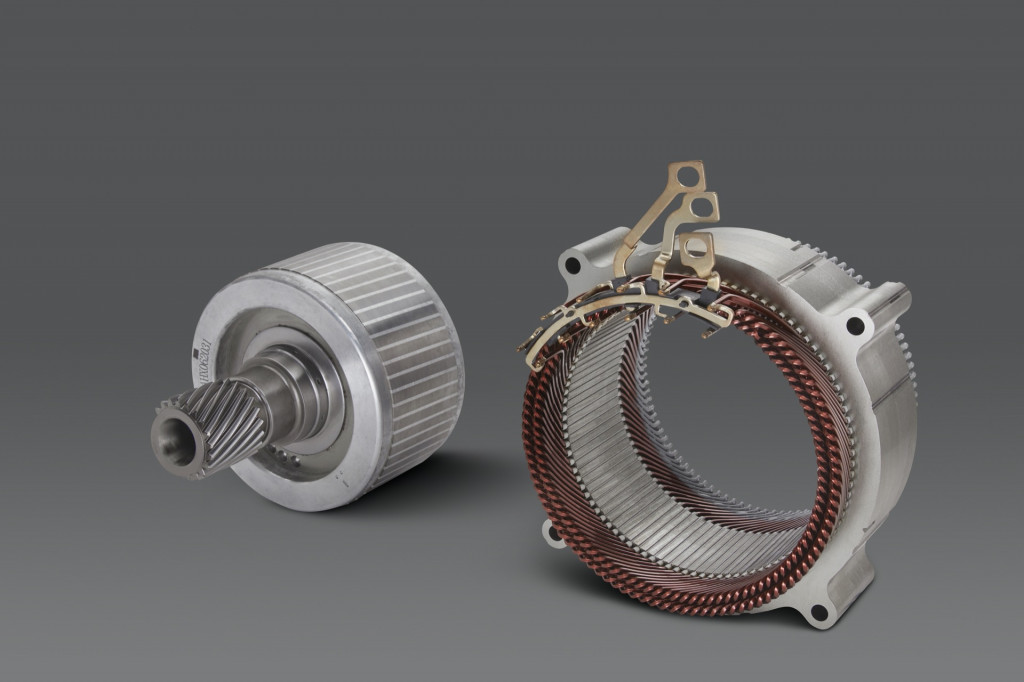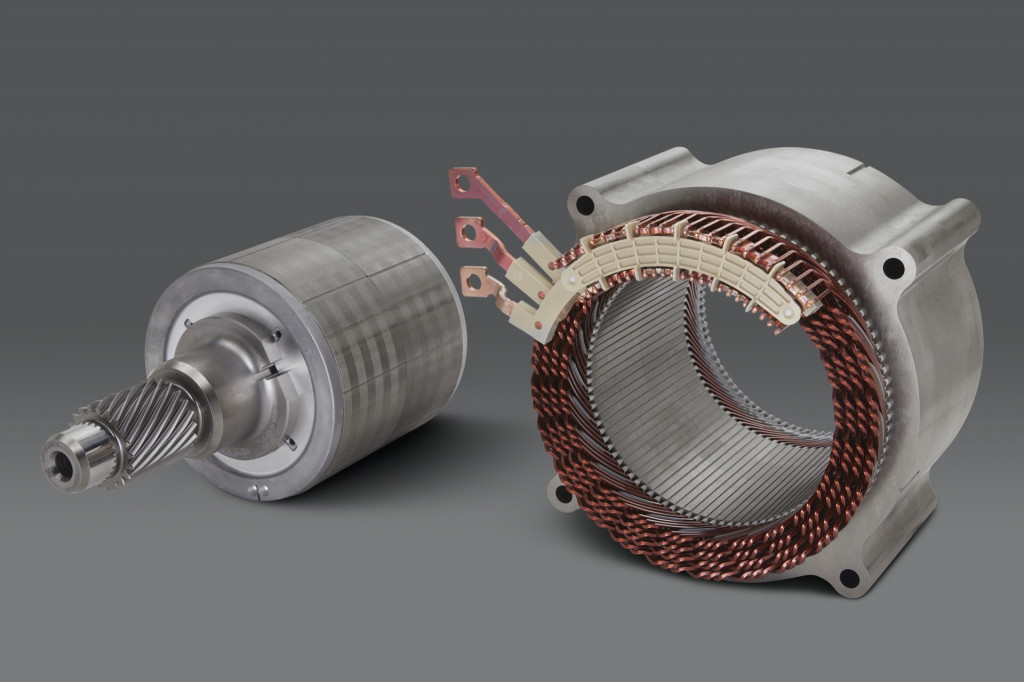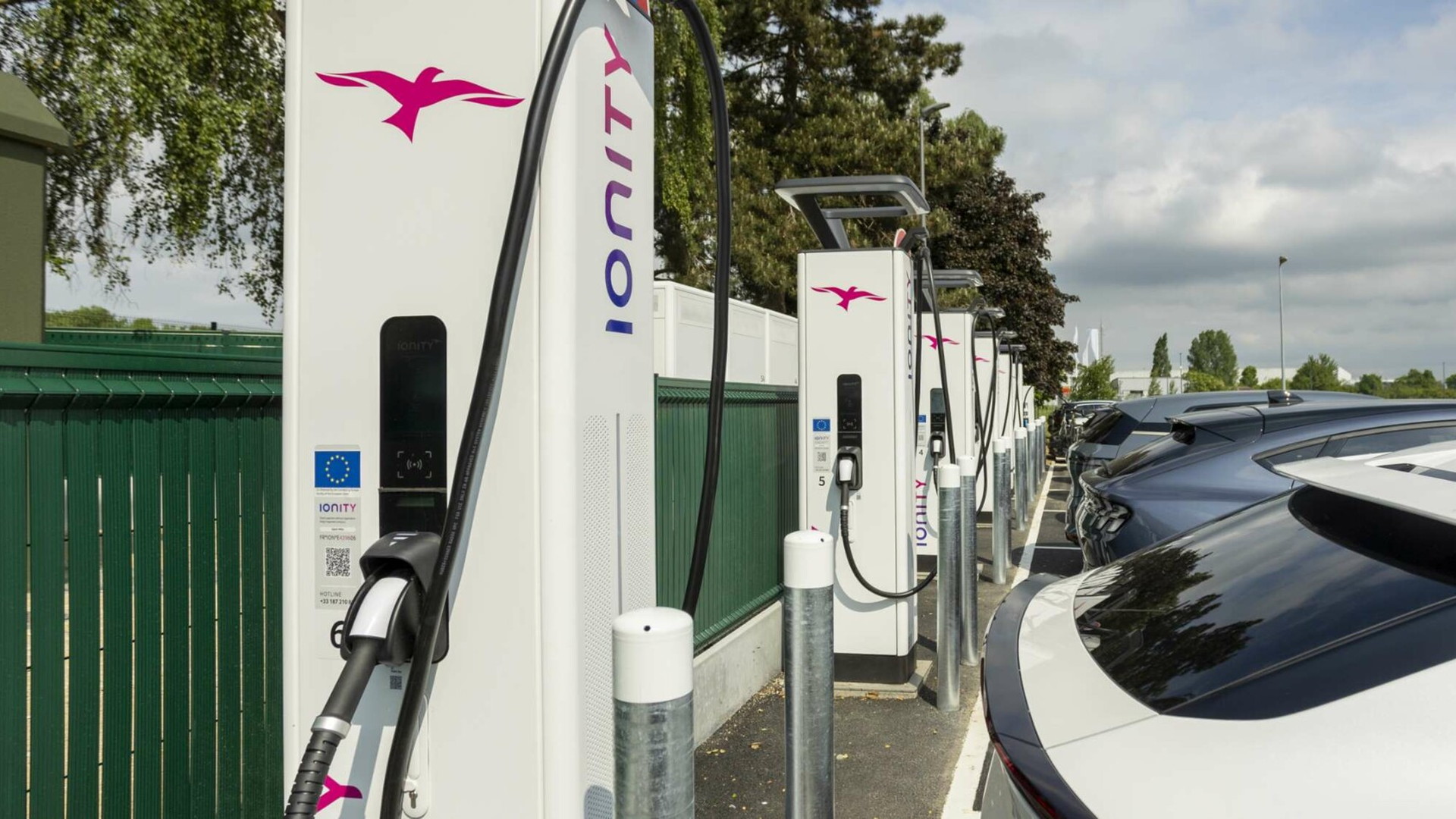Nearly 40 years ago, General Motors invented the rare-earth magnet and thus laid the foundation for modern electric motors. But now the automaker is moving on to a different technology.
GM recently announced a partnership with Niron Magnetics, a Minnesota-based company that claims to have developed automotive-grade permanent-magnet motors without the rare-earth materials used in current designs.

Motor family for GM Ultium-based EVs
Instead of rare-earth materials, Niron's tech is based on iron nitride, which GM in a press release calls "an abundant and affordable material." It also provides an opportunity to further localize the EV supply chain in North America, GM adds. Terbium, dysprosium, praseodymium, and neodymium are among the rare-earth materials used in current permanent-magnet motors, and they're processed almost entirely outside the U.S., the automaker notes.
Limited supply of rare-earth materials has also led to concerns over high costs and price volatility. Toyota first discussed plans to ditch rare-earth metals back in 2011 due to cost and supply concerns, in fact. And as early as 2009, analysts were questioning whether the supply of rare earth metals could sustain demand for the Toyota Prius hybrid—let alone all-electric cars. Hindsight shows that the auto industry muddled through, of course.

Motor family for GM Ultium-based EVs
The partnership will see GM and Niron work to bring the latter's tech to future EVs, although no timeline was given. GM Ventures has also made an investment in Niron, which will help scale manufacturing and commercialization of the company's tech, according to the automaker.
Permanent-magnet motors have become more widely preferred in recent years because they offer more power in a smaller package, potentially, with better off-the-line response. Some automakers have tried other motor designs, but as previously detailed by GM, all but one of the designs in the automaker's Ultium motor family is permanent-magnet.












